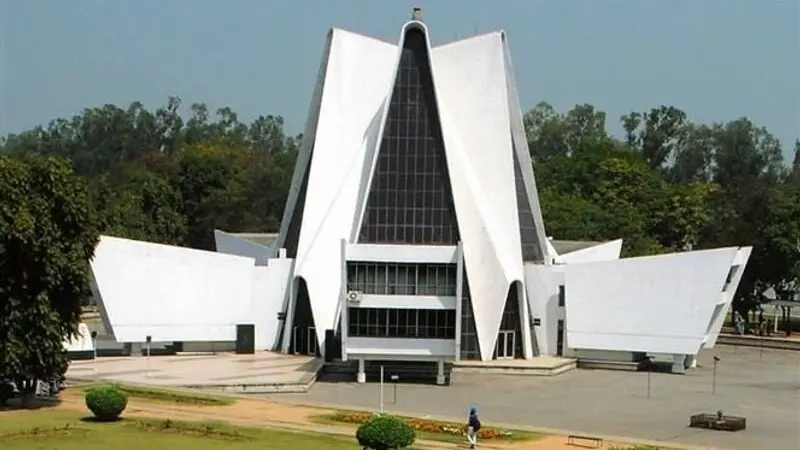PATIALA, July 20 — A comprehensive legal study conducted by Punjabi University’s Department of Law has revealed significant gaps in India’s current legal framework on noise pollution and called for the enactment of a specific law to tackle the issue more effectively.
The study, undertaken by researcher Navwinder Singh under the guidance of Professor Monica Chawla, analysed existing constitutional provisions and legal statutes relating to noise pollution. According to Singh, the research found that current laws do not clearly define the nature of noise-related offences or specify which authorities have jurisdiction to enforce them.
“The penalties under existing laws are inadequate,” Singh said. “There is an urgent need for a dedicated act that can comprehensively regulate and control noise pollution in India.”
The study urges the government to establish strict regulations across sectors contributing to noise, especially aviation, public gatherings, and vehicular traffic. It recommends setting enforceable noise limits for aircraft, improving insulation technology, and enforcing take-off and landing curfews at airports to curb noise emissions.
“Events involving high-powered sound systems, loudspeakers, firecrackers, or construction machinery — particularly at night — should be strictly prohibited. Similarly, horns, alarms, and generator units must be tightly regulated with no broad exceptions,” the report states.
Singh and Professor Chawla emphasized the importance of clearly defining noise pollution in legal terms to include all major sources and forms of disruptive sound.
Professor Chawla said the study also advocates for practical steps such as mandatory servicing and maintenance of automobiles to reduce engine noise. “A widespread awareness campaign is necessary to educate the public about the health and environmental impact of noise pollution,” she added.
In line with scientific research, the study suggests planting green trees and vegetation along roads to serve as natural sound barriers. It recommends that the government promote tree planting policies and allocate funds for strengthening environmental monitoring agencies.
“Public education programmes, proper urban planning, and relocation of factories away from residential zones should be key components of any long-term strategy,” the study notes. It also calls for the creation of online platforms to facilitate reporting of noise-related violations by the public.
Punjabi University Vice-Chancellor Dr Jagdeep Singh praised the initiative, calling the study “a valuable academic contribution that can shape future environmental policies.”
“Such research-based policy suggestions are essential for the public good and long-term urban sustainability,” he said.

